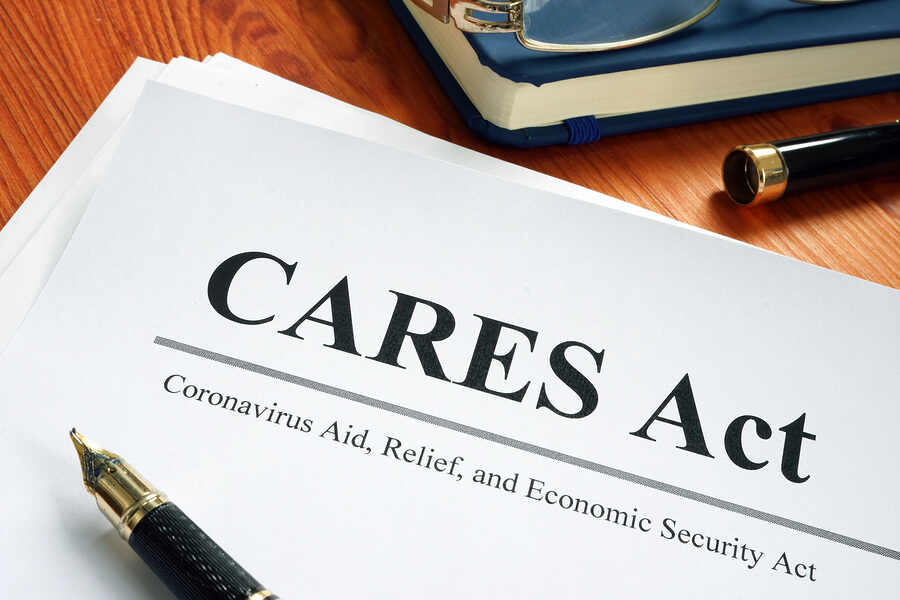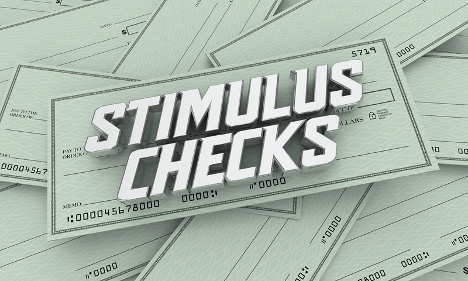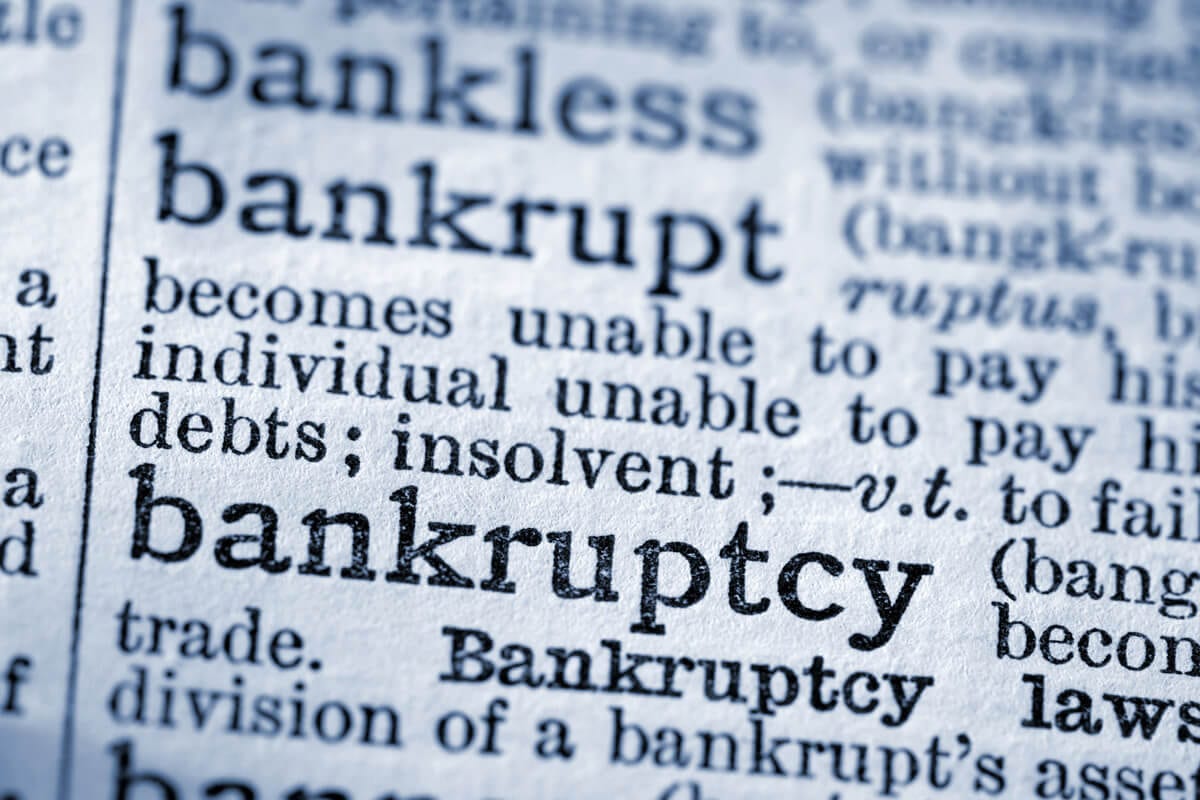The Senate passed the Coronavirus Aid, Relief, and Economic Security Act (CARES Act) on March 25, 2020. Enacted on March 27, the legislation placed short-term restrictions on lenders and servicers of federally backed loans. It enforces mandatory forbearance obligations, moratoriums on foreclosures, and revises credit reporting obligations to help individuals and businesses facing financial hardship as a result of the coronavirus outbreak.
The federal government is providing qualified individuals with a tax rebate of up to $1,200 or $2,400, as well as $500 per child.
The CARES Act also revised the United States Bankruptcy Code to provide relief for debtors and give lenders and servicers reason to be cautious about collections activities that could violate the Bankruptcy Code. For example, the cap for small business debtors seeking relief under the Small Business Reorganization Act (SBRA), which became effective in February, was increased from $2,725,625 to $7.5 million.
How Does the CARES Act Change My Chapter 7 Bankruptcy?
The means test has been modified to exclude government payments from monthly income calculations. Normally, it prevents individuals who can pay back more unsecured debts under Chapter 13 from liquidating under a Chapter 7 filing. Under the CARES Act, relief payments that individuals receive will not limit one to a Chapter 13 filing if they would have qualified for Chapter 7. Ordinarily, if a debtor’s income is too high, the means test prevents them from qualifying for a Chapter 7 filing.
How Does the CARES Act Change My Chapter 13 Bankruptcy?
Coronavirus relief payments made to individuals are not included in monthly disposable income amounts, which are used in creating a Chapter 13 payment plan, to pay creditors. Disposable income is calculated by subtracting reasonable monthly expenses. A debtor will, therefore, have additional funds after filing for bankruptcy, including increased government-paid unemployment benefits.
Normally, a debtor must complete their repayment plan in a five-year period. The CARES Act extends plan completion time, allowing a debtor to modify the previously confirmed plan if they experience financial difficulties directly or indirectly related to the virus, which can put them at risk of non-completion. Amending a confirmed plan requires notice of a material financial hardship due to a COVID-19 emergency, and court approval. If approved, one can extend their plan to up to seven years from their first payment under the original agreement.
Changes to Chapter 7 and Chapter 13 filings are applicable to all pending cases. They are also applicable for one year after the CARES Act went into effect.
How Does the CARES Act Change My Chapter 11 Bankruptcy?
Chapter 11 allows for business reorganization. The new legislation removes some of the typical delays associated with filing for Chapter 11 bankruptcy. It also increases the debt limit for an entity to be approved for a small business reorganization, which will remain $7,500,000 for one year after the act went into effect. The law relaxes confirmation rules and is designed to streamline the reorganization process in which a business owner pays creditors over a three to five-year period. It also eases the process of filing under the new Subchapter 5 of Chapter 11 created by the SBRA.
Contact OakTree Law for Help
Our legal staff is experienced with business and consumer bankruptcies. If you’ve experienced reduced wages or a job loss directly due to the coronavirus pandemic, we can help you file for bankruptcy with consideration of the new laws recently passed by Congress. Our team can help you obtain a debt discharge or reorganization plan. Despite stay at home rules recommended by the CDC, we continue to work and, although our office locations are currently closed to the public, you can reach us at 888-348-2609 for assistance.







